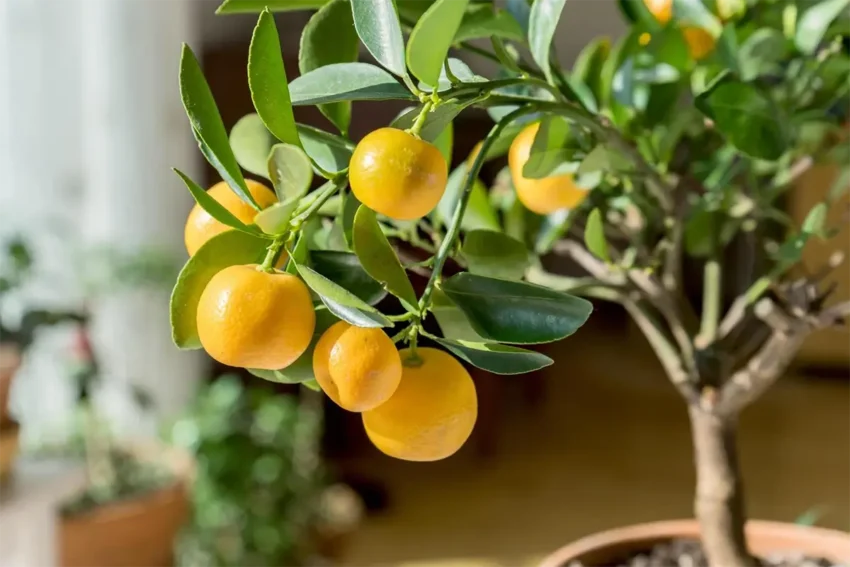Citrus trees, with their fragrant blossoms and juicy fruits, are a delightful addition to any garden. However, to ensure their health and productivity, proper fertilization is crucial. This article will guide you through the best times to fertilize your citrus trees and provide expert tips on how to do it effectively.

Understanding Citrus Trees
Citrus trees, like all plants, require certain nutrients to thrive. These nutrients are absorbed from the soil and used for growth, fruit production, and overall health. Understanding how citrus trees use these nutrients can help you make informed decisions about fertilization.
When to Fertilize Citrus Trees
The best time to fertilize citrus trees is during their active growth periods, typically in the spring and summer. Young trees may benefit from more frequent fertilization, while mature trees can be fertilized less often. Always consider the tree’s age, health, and the current season when planning your fertilization schedule.
Choosing the Right Fertilizer
Citrus trees require a balanced fertilizer that contains nitrogen, phosphorus, and potassium, often referred to as N-P-K. You can find the N-P-K ratio on the fertilizer label. Additionally, citrus trees benefit from micronutrients like iron, zinc, and manganese, so consider a fertilizer that includes these elements.
How to Fertilize Citrus Trees
Here’s a step-by-step guide on how to fertilize your citrus trees:
- Measure the Area: Determine the area under the canopy of the tree as this is where you’ll be applying the fertilizer.
- Calculate the Amount: Refer to the instructions on your fertilizer package to determine the correct amount to use.
- Apply the Fertilizer: Spread the fertilizer evenly under the tree’s canopy, then water thoroughly to help the nutrients soak into the soil.
Expert Tips
Here are some additional tips to help you fertilize your citrus trees effectively:
- Avoid Over-Fertilizing: Too much fertilizer can harm your trees. It’s better to err on the side of caution and apply less rather than more.
- Consider the Soil: Different soil types can affect nutrient availability. You may need to adjust your fertilization practices based on your soil type.
- Monitor Tree Health: Keep an eye on your trees’ health. Changes in leaf color, fruit production, or growth rate can signal nutrient deficiencies.
Conclusion
Proper fertilization is key to maintaining healthy, productive citrus trees. By understanding your trees’ nutrient needs and following these expert tips, you can ensure your citrus trees thrive. Happy gardening!

